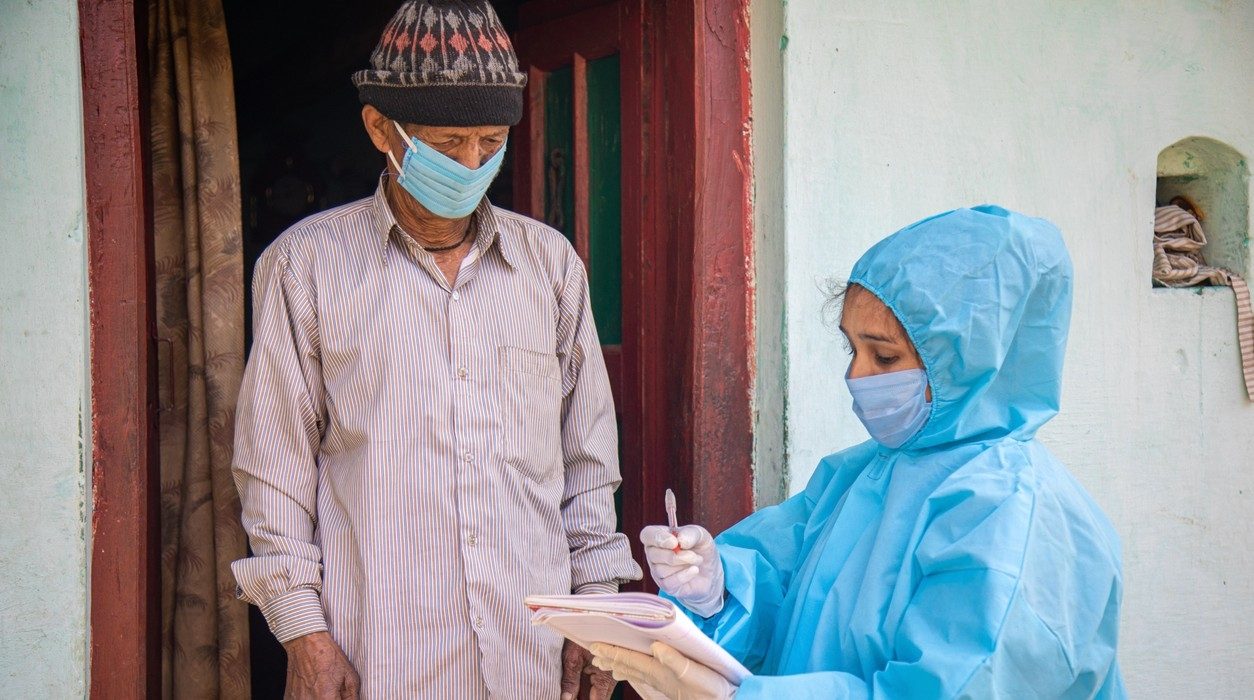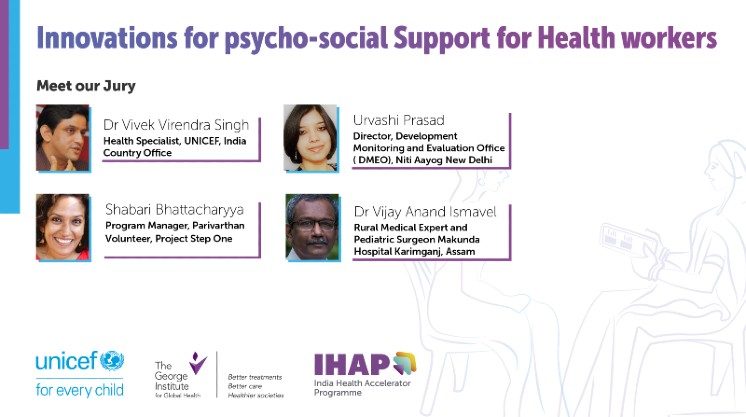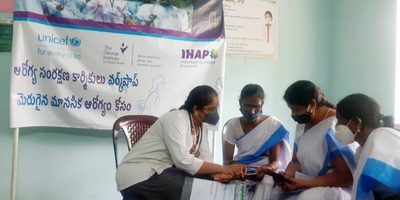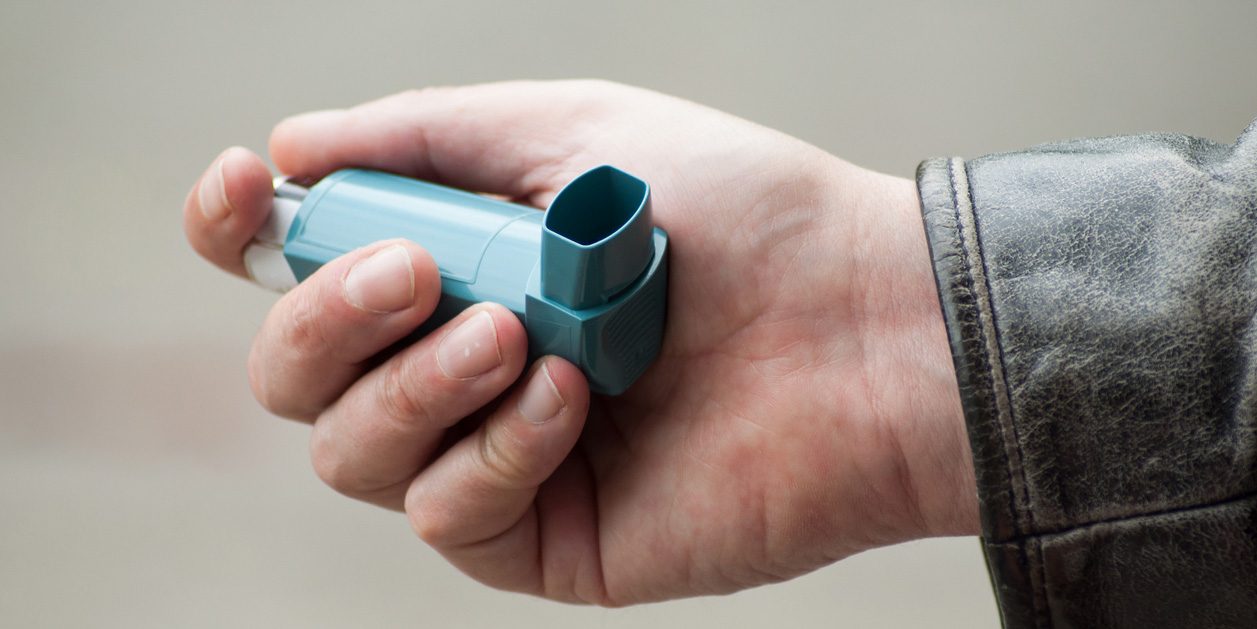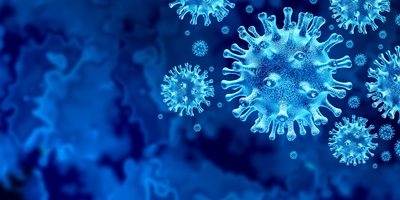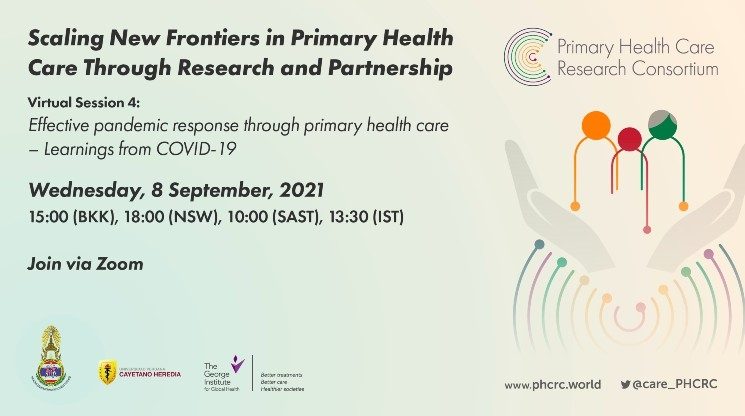A new global study by The George Institute shows that people with asthma have the same risk of dying from from COVID-19, and of serious complications like hospitalisation, intensive care or use of a ventilator as people without asthma. The findings published in the European Respiratory Journal also showed that people with asthma have slightly lower risk of infection from the virus than those without asthma. The authors propose several possible explanations, one of which includes the potential benefit of inhaled steroids commonly used in asthma treatment.
Asthma affects over 300 million people globally and almost one in ten Australians have asthma - one of the highest prevalence rates in the world. As COVID-19 continues to spread across the world and many countries lift lockdowns, a comprehensive understanding of COVID-19 risk among people with asthma is crucial.
The study reviewed evidence from 51 studies from Europe, Asia, Africa, Australia and America and includes preliminary data from delta as well as other COVID-19 variants. The findings clarify previous mixed reports on whether people with asthma are at a higher risk of complications or poorer clinical outcomes from COVID-19. Lead author Dr Anthony Sunjaya said the study aimed to provide the most current, high-quality evidence in follow-up to research conducted by The George Institute at the start of the pandemic before variants were a concern.
“The fast evolution of the COVID-19 virus and the emergence of variants globally, still warrants caution for people with asthma,” he said.
“Further and ongoing analysis will be essential to understand the full impacts of the delta variant and other emerging variants in people with and without asthma.”
The new data also showed a 17 percent reduced risk of acquiring COVID-19 among asthma sufferers, reinforcing the findings from the earlier study. The study also complements preliminary evidence that shows the effect of the commonly used asthma treatment, inhaled corticosteroid, could reduce these patients' risk of needing urgent medical care and reduce their recovery time from COVID-19.
Professor Christine Jenkins, Head of the Respiratory Program at The George Institute, said it is important for those prescribed regular asthma treatment to continue adhering to it.
“Now is not the time for complacency - treatment is not only essential to manage asthma but may, very fortunately, also reduce the risk of getting COVID-19 and being seriously unwell with it, especially during the delta outbreak in Australia,” she said. “The unknowns of emerging variants mean people need to keep on top of their asthma by checking in with their health professional and getting vaccinated. This is especially true for younger people who may be less likely to adhere to their asthma treatment or keep it up-to-date.”
The researchers also found a significant difference in outcomes from COVID-19 between America, Europe and Asia for which there may be several possible explanations such as the inclusion of studies from Asian countries with higher testing regimens, genetic differences in populations’ response to COVID-19 and differences in the type of asthma (e.g. non-allergic and allergic) common to different countries.
This research is part of a ‘living’ systematic review of evidence that is routinely updated in response to the rapidly changing COVID-19 landscape to accurately inform public health protocols and messaging.
“There remains a need for higher quality community studies as well as regular risk assessments and review of new data throughout the pandemic for asthma and other major comorbidities,” said Dr Sunjaya.
Read more about the early study here.


